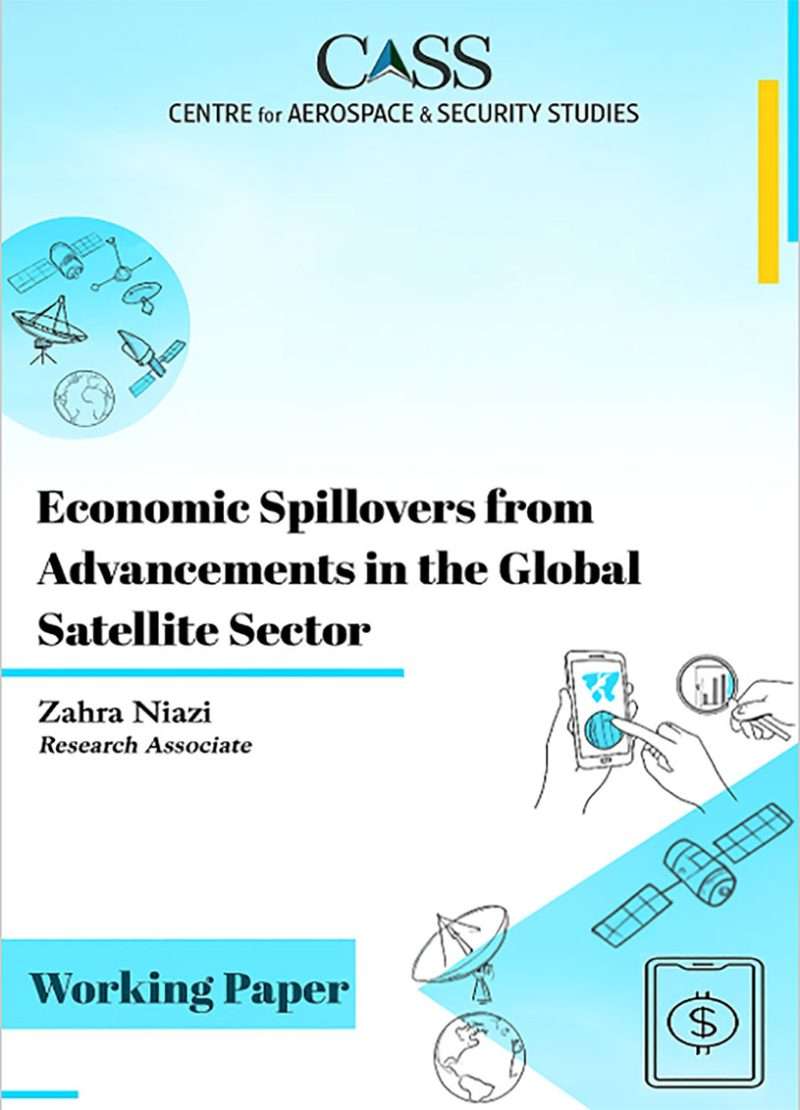The global satellite industry has rapidly evolved into a powerful economic force, influencing a wide range of industries far beyond the aerospace sector. Within the space sector, the advancements in the satellite industry, from low-Earth orbit (LEO) mega-constellations to flexible launch systems, have catalysed the development of a larger, more dynamic, and cost-efficient sector, albeit with new competitive and sustainability challenges (unintended spillovers on targeted unit). Between sectors, the advancements act as catalysts for productivity and inclusion by connecting the unconnected and optimising industries, such as agriculture and transport (intended spillovers on non-targeted units). In the diagonal dimension, they have demonstrated that innovation can come with undesired externalities for other sectors (unintended spillovers on non-targeted units). The challenge lies in maximising the positive spillovers while mitigating the negatives with a forward-looking approach. This entails that while some measures, such as stringent policy actions for space debris mitigation and traffic management, may impose new costs on the space industry, particularly space operators, they will prevent larger economic fallout in the long run and protect the enormous downstream value the satellite sector provides to other industries. Moreover, satellite firms and secondary industries/sectors should actively collaborate to ensure smooth spillovers, avoid conflict, and capitalise on each other’s strengths.

Share this article

The Extraction Trap
Trump’s declaration to “run Venezuela” after Maduro’s capture is a seeming promise of a sudden cure to Venezuela’s ills. However, it ignores the nation’s terminal diagnosis of a century of plunder. The rhetoric of imminent revival on the basis of the speedy return of international oil capital and the promise of 100 billion US dollars in reconstruction funds made the intervention seem like a unique opportunity.

Future Shield: The Saudi-Pakistan Security Partnership
Although the SDMA does not identify an adversary, effectively functioning as a deterrent, it cannot be viewed in isolation from the Israeli belligerence in the Middle East. Israel’s war against Hamas has expanded beyond the genocide of Gaza; it has bombed the West Bank, Lebanon, Syria, Yemen, Iran, and recently Qatar. Tel Aviv’s campaign under the banners of ‘anti-Semitism’ and ‘terrorism’ has engulfed the whole Middle East in a war-like situation, which has generated new enemies and has deepened the instability of the region.

The Trilateral Shift
On 15 January 2026, the Pakistani defence production minister confirmed that an agreement for a new trilateral defence deal between Pakistan, Saudi Arabia, and Türkiye is in the pipeline, other than the Pakistan-Saudi bilateral deal announced last year.

